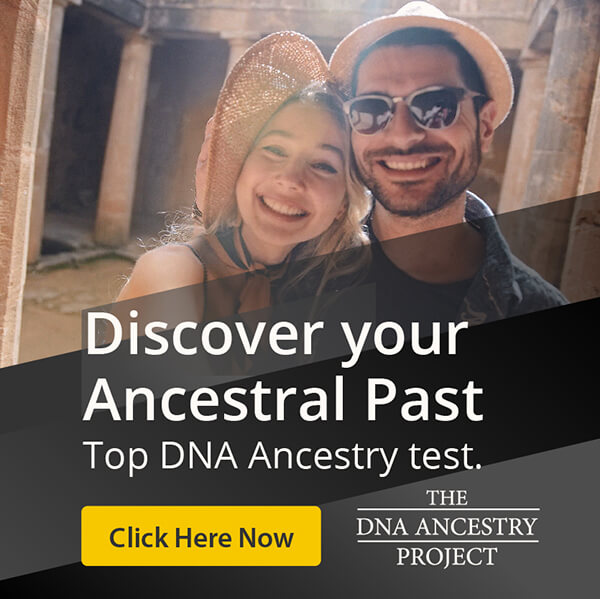Humans in History
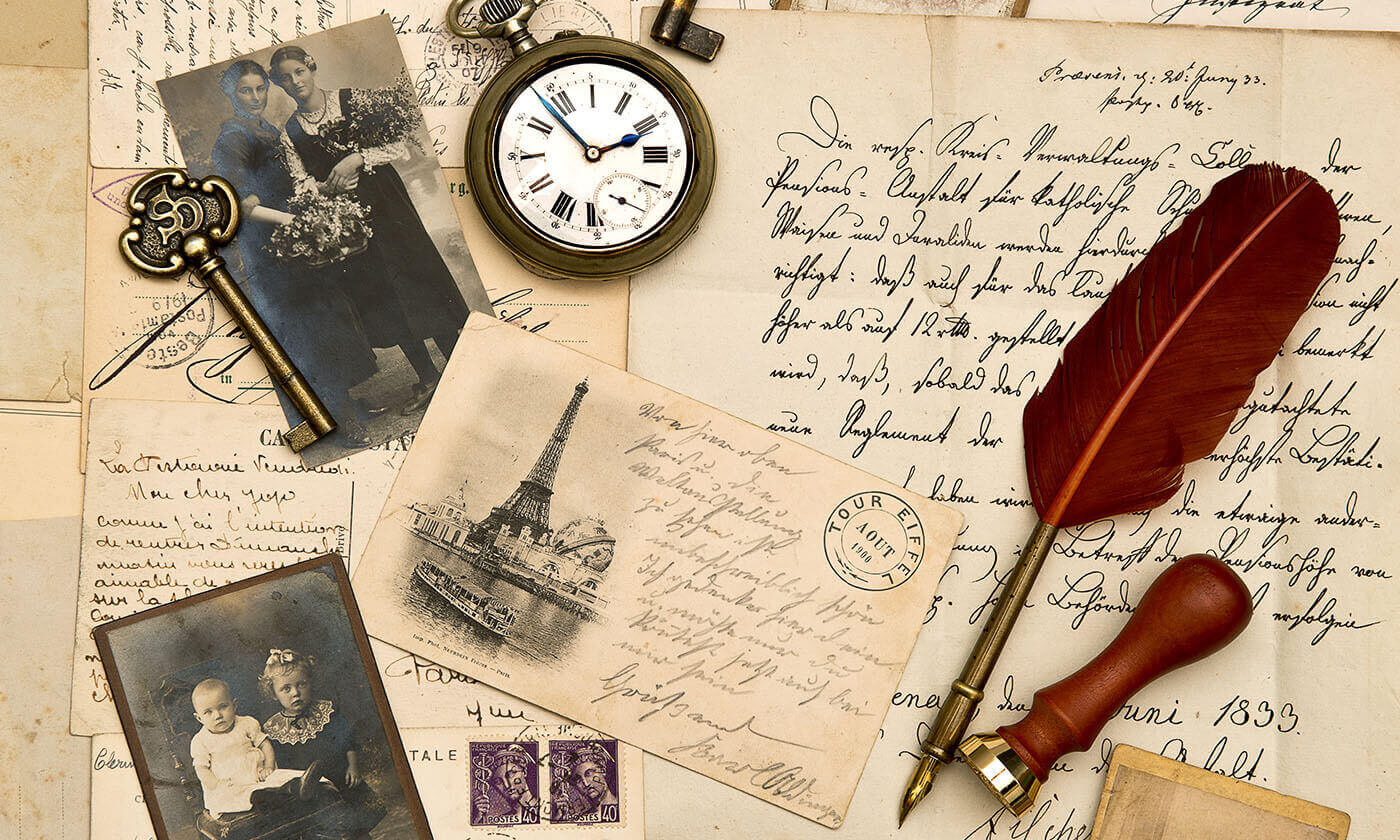
With an estimate of 26 million people having taken a DNA ancestry test, genetic genealogy has really taken off in the last couple of years.
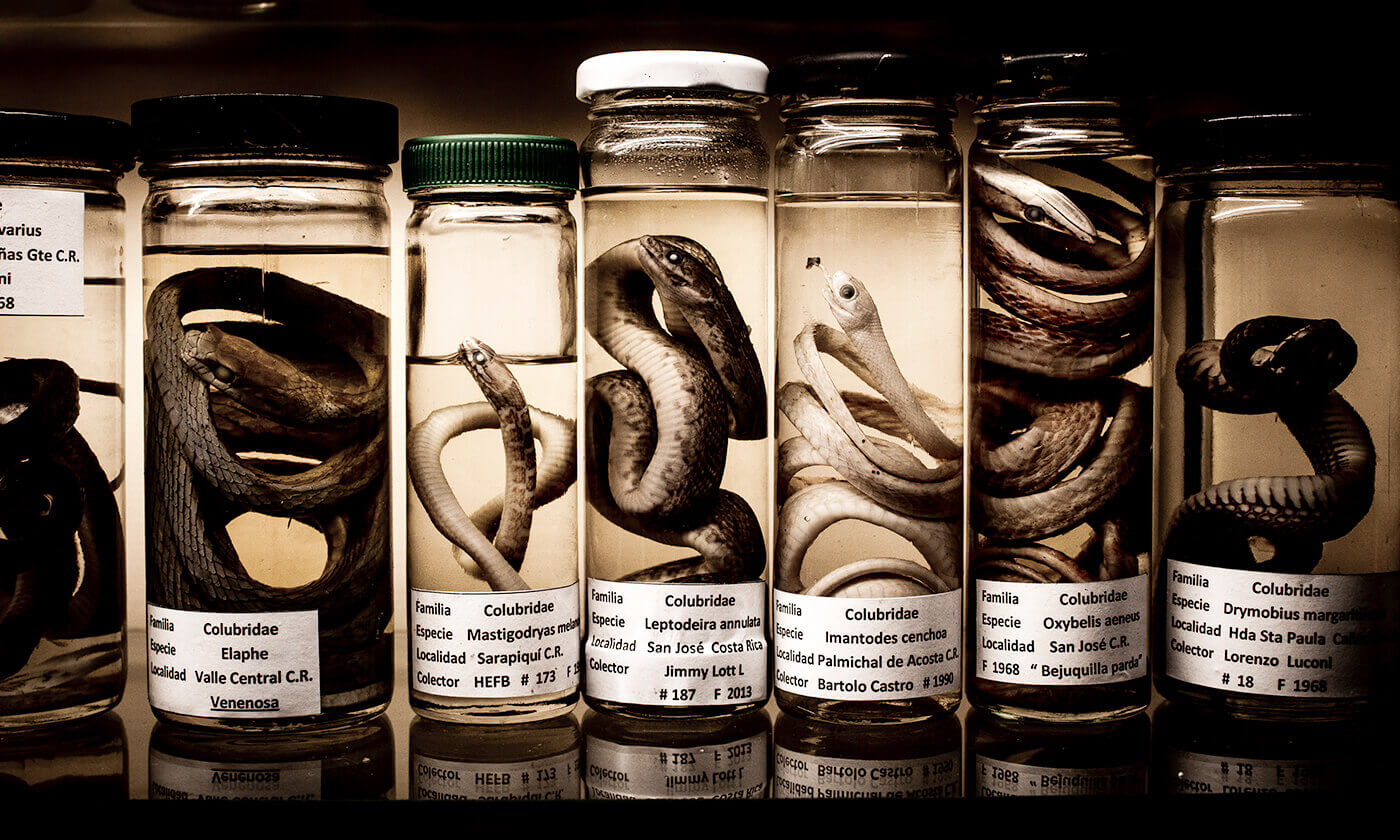
Researchers use a new method to extract DNA from preserved samples, opening the door to exploring the DNA of millions of preserved specimens housed at museums.
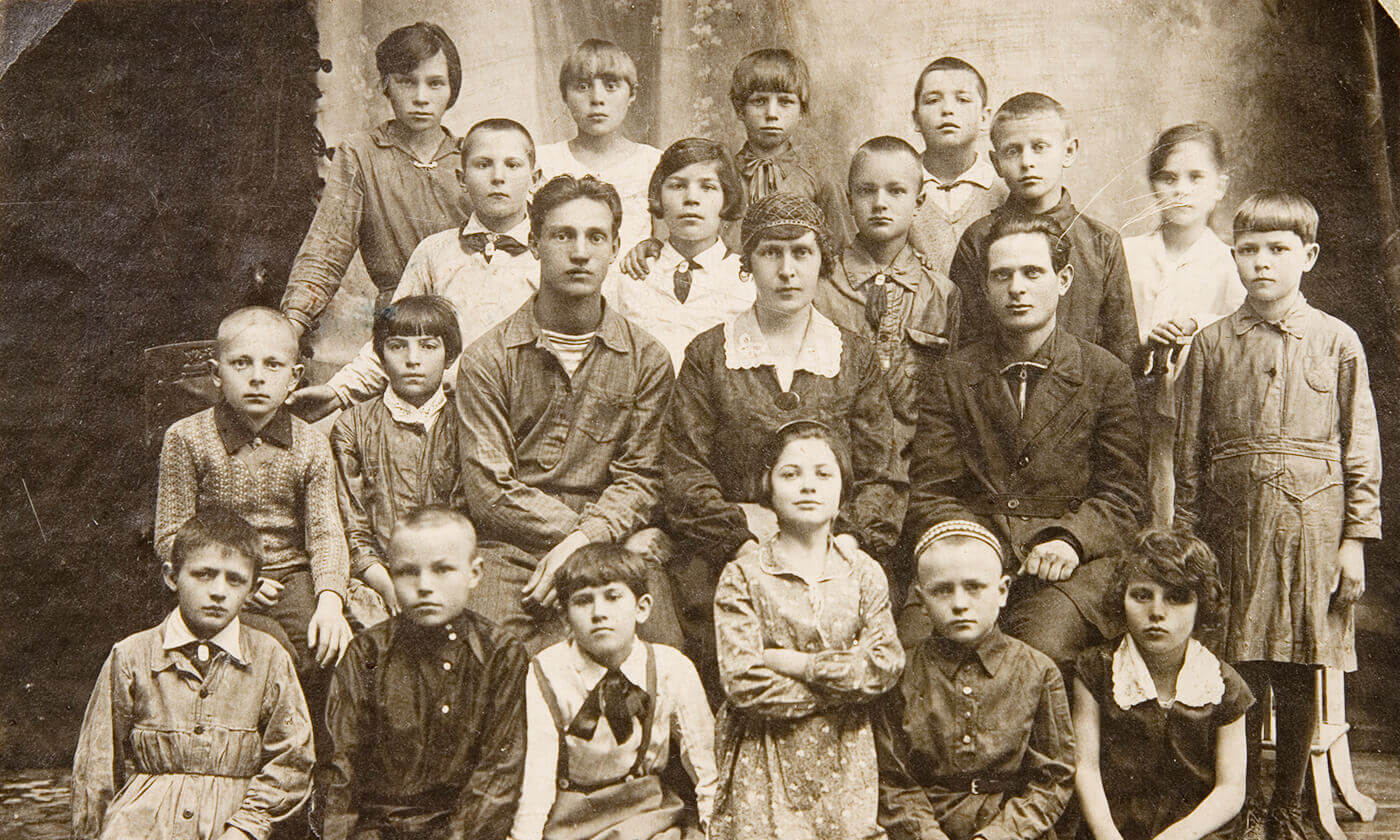
Have you ever wondered why some families have more boys than girls or why more boys (or girls) are born in certain years?
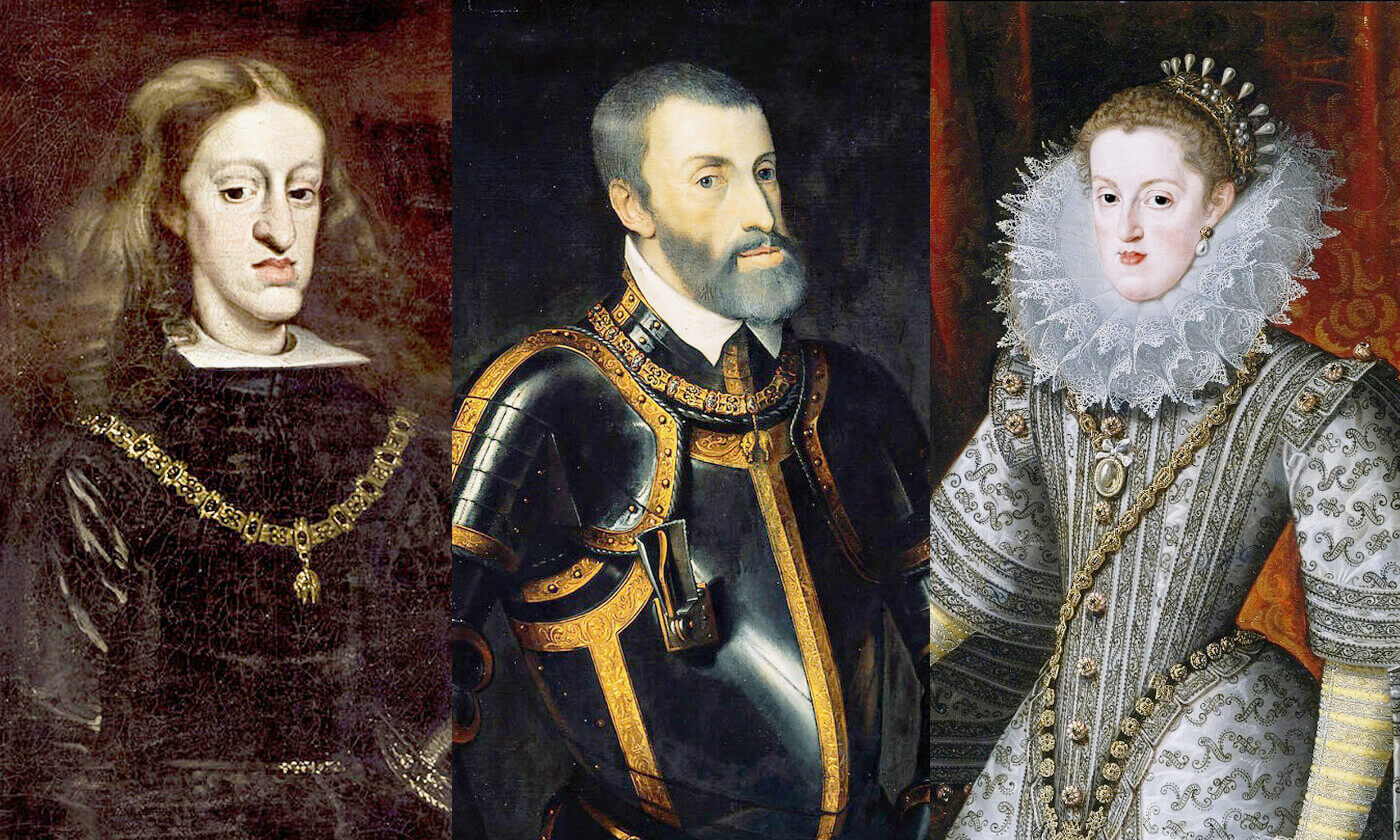
New study links the famous “Habsburg Jaw” to inbreeding, further confirming the idea that inter-family marriages weaken bloodlines by decreasing genetic diversity.
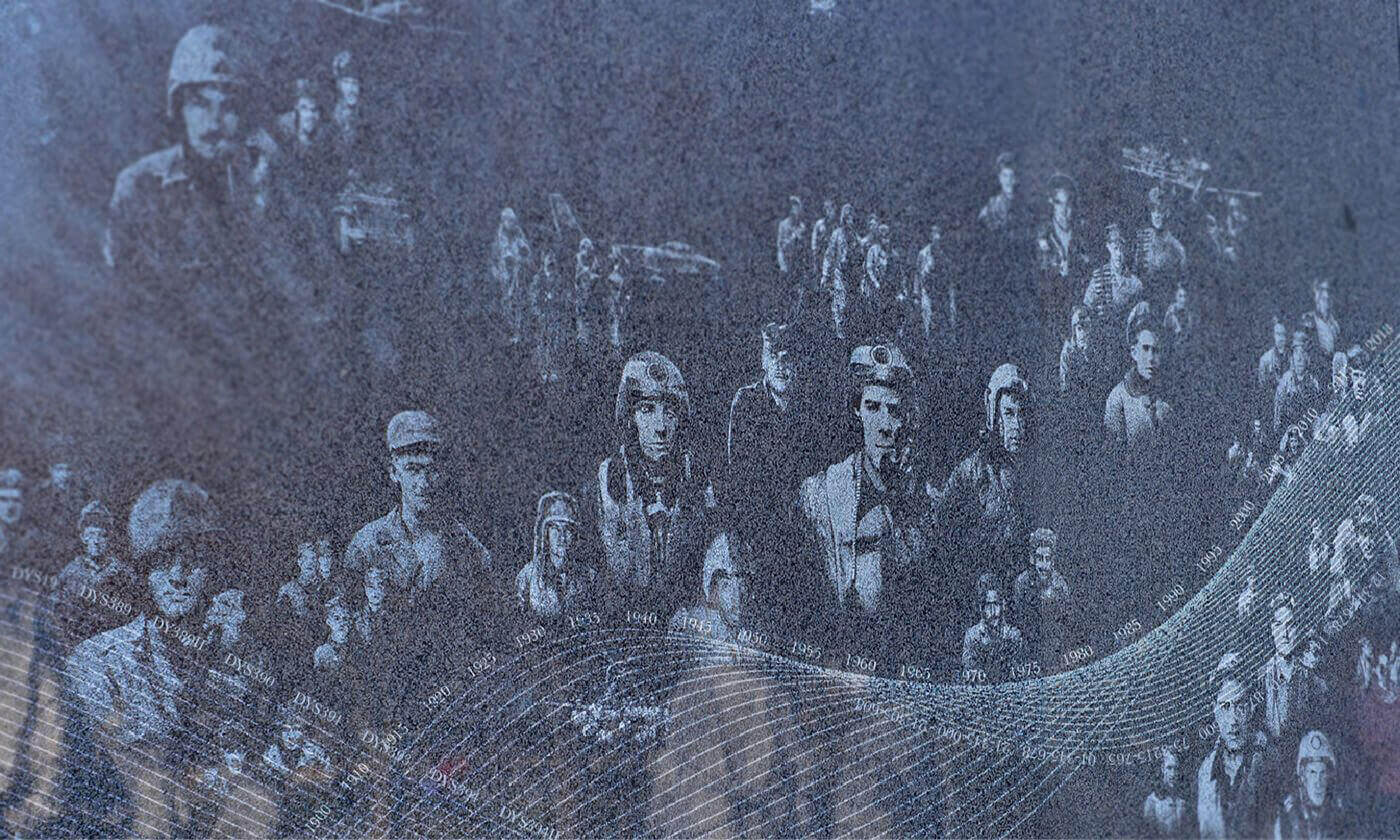
DNA tests to confirm the identity of US soldiers, who were casualties of the Korean War.
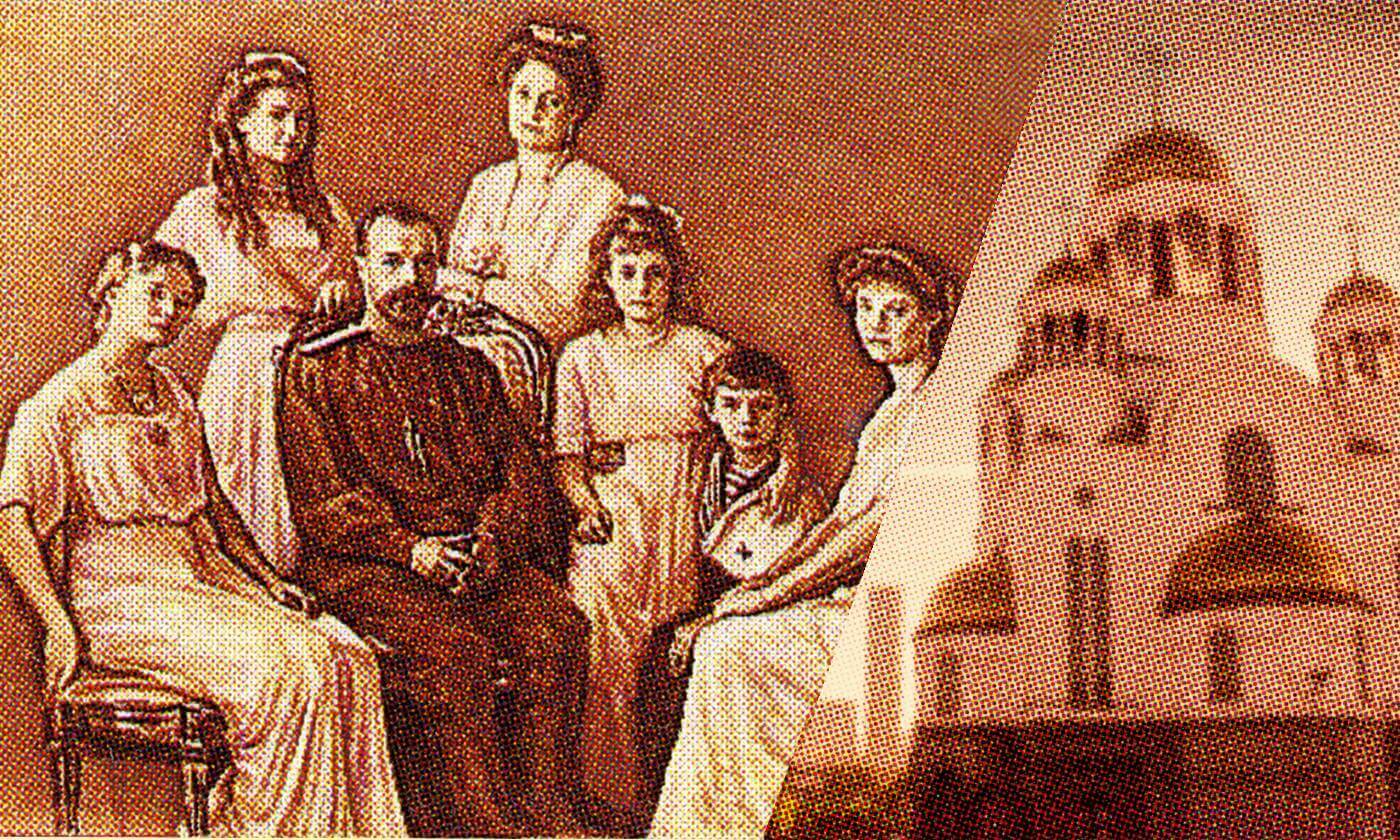
It’s been 100 years since the Bolsheviks executed Tsar Nicholas II and his entire family. Will the Russian Orthodox Church finally recognize their remains, and bury them with full rites?
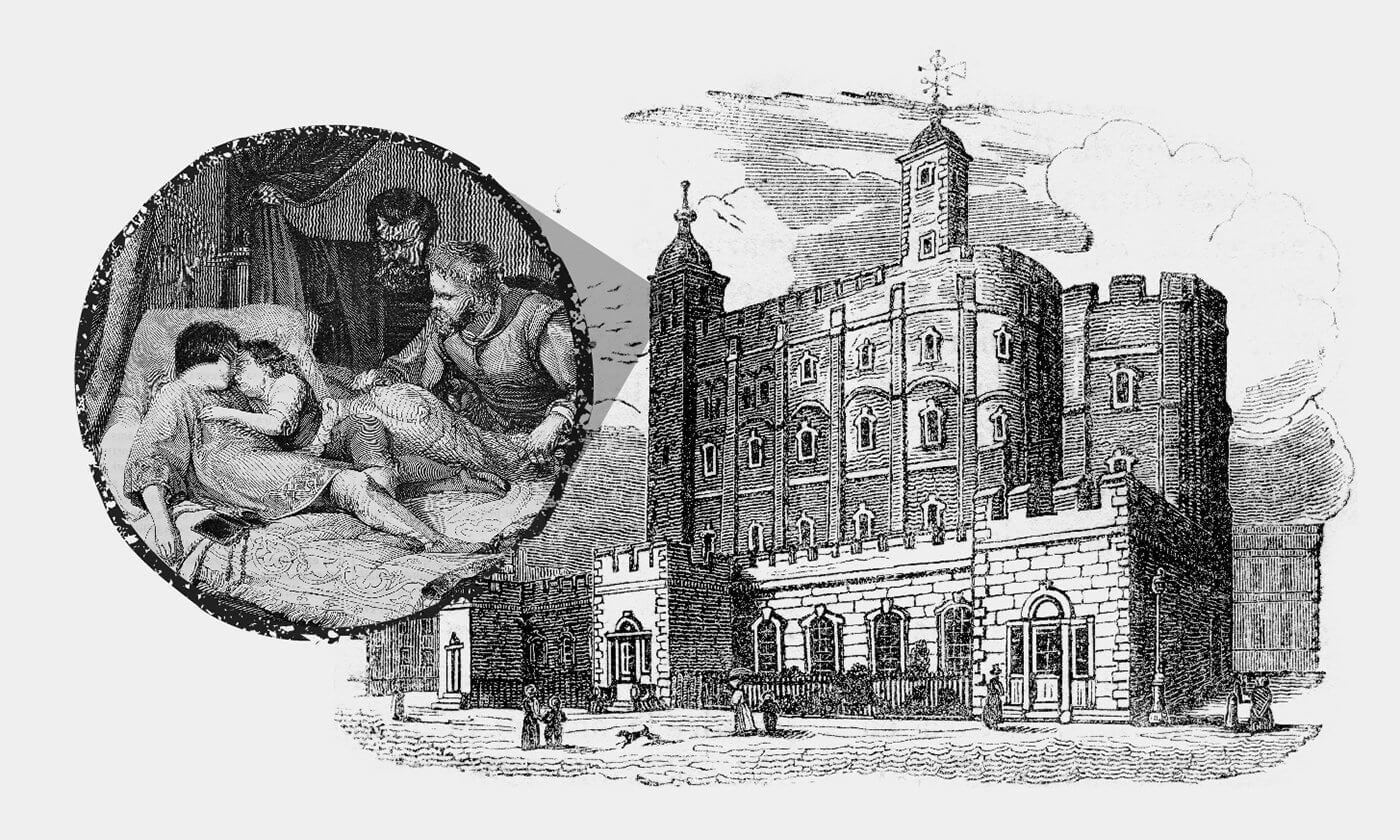
Why new DNA evidence won’t prove King Richard III was guilty of murdering the ‘Princes in the Tower.’
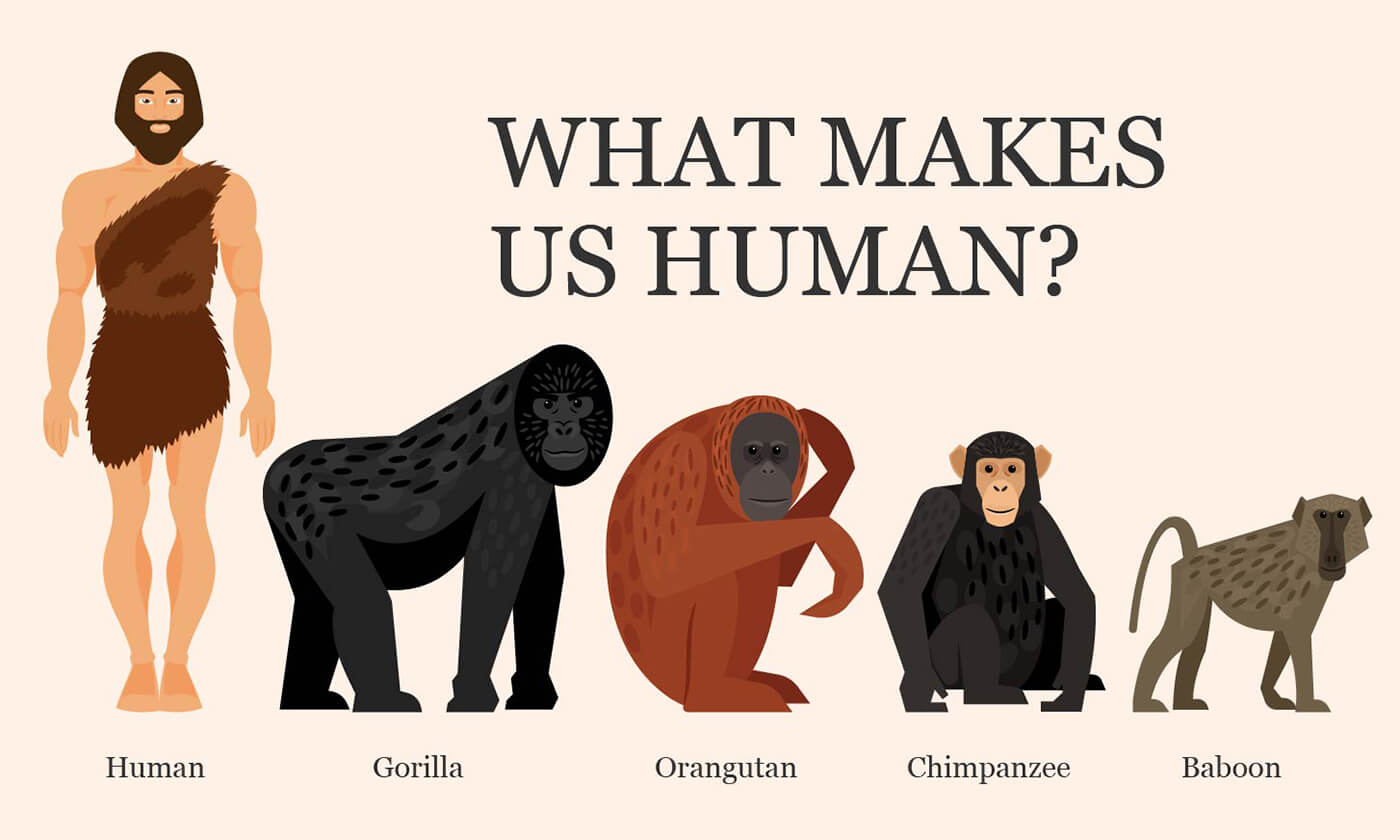
Scientists are one step closer to answering the age-old question of “What makes us human?”
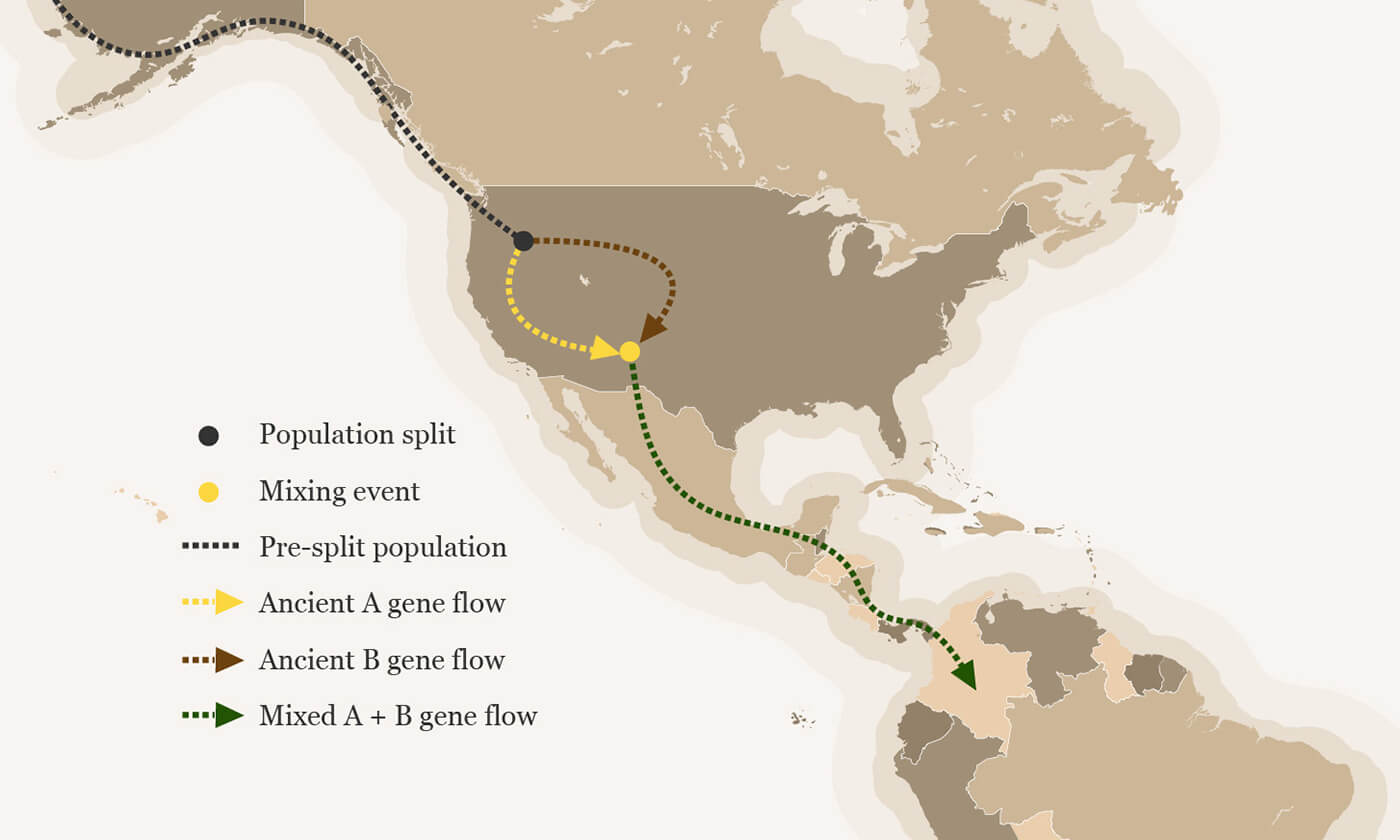
The first people to arrival in the Americas split into two groups, and then mingle again 1000 years later.
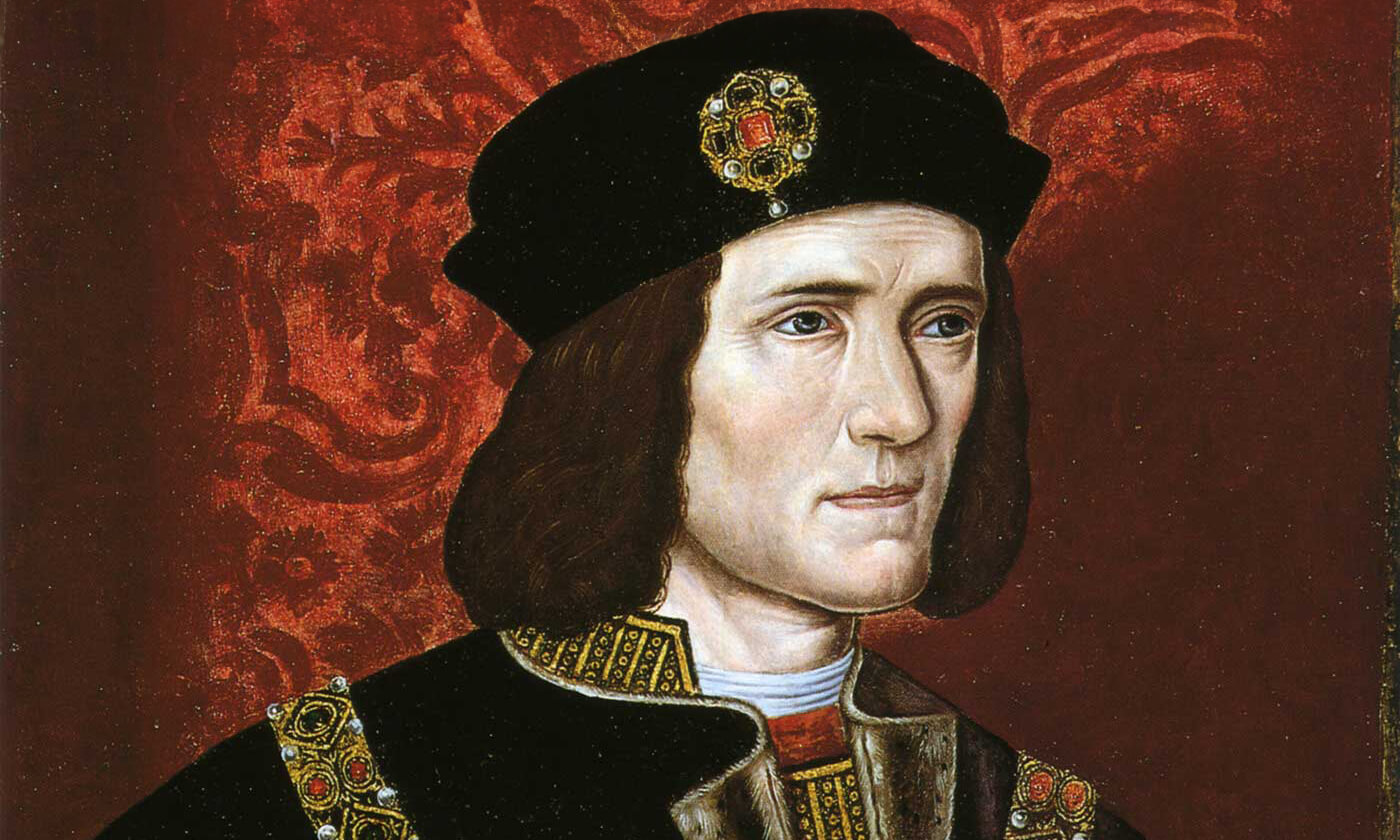
Richard III was the King of England from July 6, 1483 until his death in 1485 at 32 years of age.
Latest news
Researchers have uncovered multiple genes associated with needing less than 6 hours of sleep at night.
Researchers identify 21 modifiable risk factors for reducing the risk of developing Alzheimer’s disease.
Researchers link genetic changes in the region of DNA that define blood type with susceptibility to COVID-19 infections.
Must Reads
With an estimate of 26 million people having taken a DNA ancestry test, genetic genealogy has really taken off in the last couple of years.
With so many countries under lockdown, researchers from around the world are racing against time to develop a vaccine for COVID-19.

